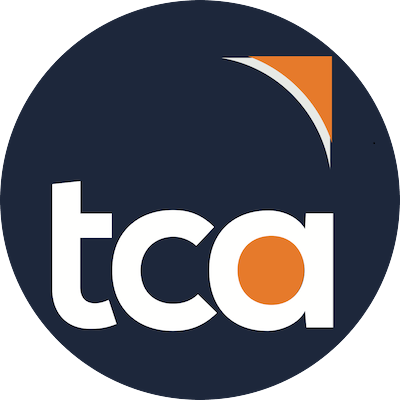As managers, we have two ways to make our business more valuable: financial and strategic.
Classic marketing and advertising are almost always focused on creating financial value (sales growth, profit margins, increased revenue, and cost efficiency). The more we use creativity, technology, and process to optimize these activities the more value we create.
So, when marketers propose new initiatives, we create business cases to show how it will help us save money or more revenue.
Strategic value doesn’t include these financial metrics, but it does influence them. And it isn’t realized by increasing revenue or saving on costs, but by creating an asset that is truly differentiated in the marketplace.
Investors call this a “privileged asset.”
It’s easy to assume this privileged asset is a great brand or a differentiated product. But a privileged asset might be a business network that took years to cultivate. It might be your differentiated infrastructure, your exclusive access to information, or other intellectual property. Apple had Steve Jobs. Disney has Mickey Mouse and the Star Wars universe. Amazon has proprietary technology and its own routers and networking equipment.
And Red Bull has Red Bull Media House. Pay attention to that example.
Increasingly, access to audiences is considered a privileged asset in the valuation of companies.
When Microsoft acquired it for $7.5 billion last year, GitHub’s revenue was approximately $300 million (and it reportedly still wasn’t profitable). Its valuation had nothing to do with financial value and everything to do with GitHub’s privileged asset: a trusted relationship with an audience of 27 million developers.
Arrow Electronics, now the biggest media company for electrical engineers, has acquired 53 magazines, websites, and email newsletters in the last few years. Arrow can now reach 76% of their total addressable market through those media operations, whenever they choose. That’s a privileged asset that none of its competitors has.
This is a critical opportunity for content teams. We are charged with helping the financial value of our organizations. But we also have the opportunity to build strategic value by creating privileged assets.
Digital analytics company Omniture certainly was more valuable to Adobe because of the content brand CMO.com. Did IBM value Red Hat more because of OpenSource.com, which attracts more than 750,000 visitors each month? Is the indoor spinning bike manufacturer Peloton more valuable because of its new content operation?
Maybe. But (to paraphrase the famous quote), whether we believe our content value comes only from supplementing sales or we believe we can create one of the most valuable privileged assets in our business – we are right.
It’s your story. Tell it well.





